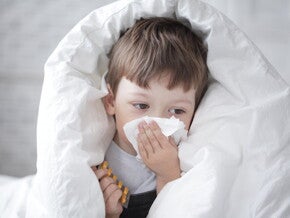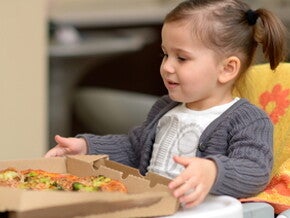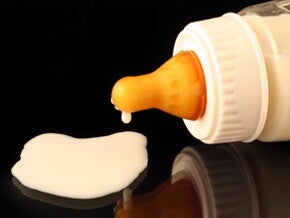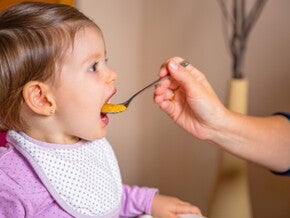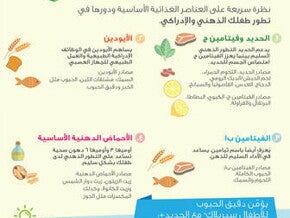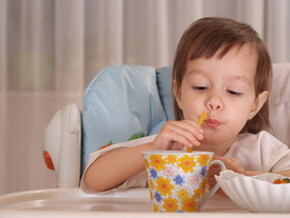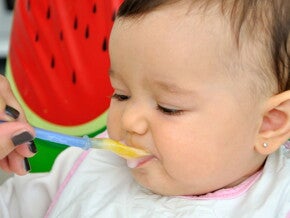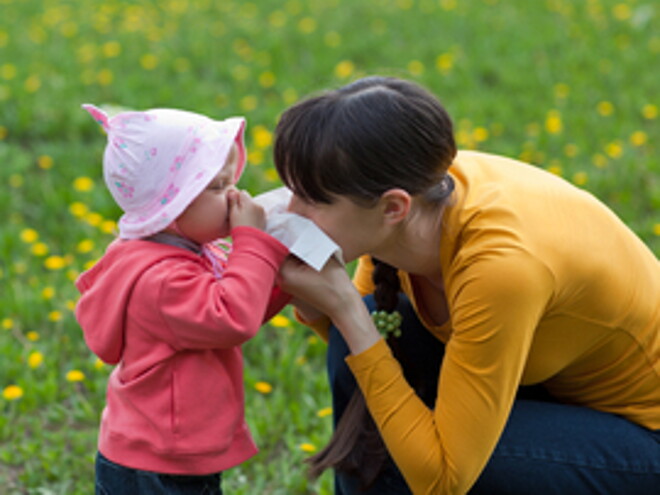
Allergies In Children
What Mothers With Allergic Kids Must Know About Allergies!
IMPORTANT NOTICE: The World Health Organization (WHO) recommends exclusive breastfeeding for the first 6 months and continued breastfeeding for as long as possible. Growing up milks are formulated to meet nutrition needs of healthy young children older than 1 year and should not be fed to infants.
Allergy is the medical condition that stimulates an adverse immune response in the body towards a type of food or a particular substance that may otherwise not be harmful, like pollen and pet’s hair or fur.
Usually, children show this kind of response or hypersensitivity when drinking milk and eating eggs, wheat, soya, peanut butter and many other foods.
In most cases, children inherit their allergies from their parents. So, if you or your husband has allergies, your kid is more likely to develop same symptoms.
And because allergy is a serious health case that requires from parents to be careful and alert, and because allergy is now-a-days a more common condition than it was before, we hereby would like to introduce you to the world of child allergies and provide you with the following 5 facts that you may not know:
- Kid’s allergy symptoms vary between skin rash, face itching, mouth itching, body itching, diarrhea, vomiting, eczema, fever, mouth swelling, throat swelling, lip swelling and face swelling. In some cases, eating few kinds of foods may lead to a severe allergic reaction or Anaphylaxis that can be associated with hypotension and shortness of breath, etc.
- To protect a baby from food allergy, a mother should avoid eating nuts, peanut butter and other allergenic foods while pregnant and breastfeeding. She should also try her best to exclusively breastfeed her infant until he’s 6 months old or 12 months old if possible, and make sure she doesn’t introduce him to wheat (before he’s 9 months old), cow milk (before he’s one year old) and eggs (before he’s 2 years old).
- Children with food allergy are more prone to Asthma and other related health conditions, compared to other healthy kids of the same age.
- There is no effective treatment for allergies except avoiding the types of food and substances causing the allergic response, early detecting it and working on reducing its severity through medications and healthy life style. Some types of allergies like allergy towards shellfish, milk, eggs and soya, don’t last for life and children usually outgrow them before they reach adulthood.
- Most allergenic foods stimulate the body to make an adverse response within few minutes after consumption, while others may need around 2 to 4 hours to burst out.
To conclude, we must say that child allergy is rarely a serious and life-threatening case. And with the appropriate diagnosis, preventive measures and treatments, your child will be fine and he will cope with his condition and live a healthy normal happy life!
Read More: Allergy Risk Detection And Prevention


